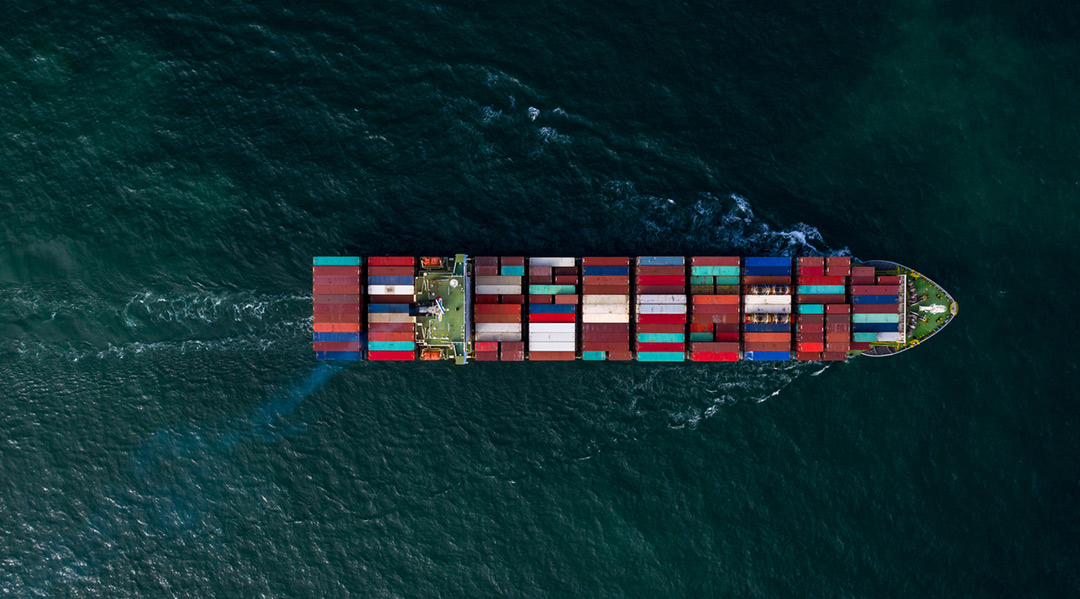
Supply chains experienced significant transformations throughout the pandemic, as both corporations and countries aimed to enhance resilience and proximity within their supply networks. While shortages were the catalyst for these changes during the pandemic, various long-term factors such as geopolitics, regulatory shifts, digitisation, financing, and sustainability have been reshaping the dynamics of supply chains.
Amidst elevated interest rates, high inflation, and anticipated currency volatility, we examine the primary drivers impacting supply chains in the upcoming years, with particular attention to the transformations occurring in South-East Asia as businesses adapt to the evolving landscape of shorter supply chains.
At the recent roundtable discussion hosted by Economist Intelligence Corporate Network and supported by Maybank, we explored emerging trends within global trade and how business leaders should adapt to a new environment of shortening supply chains.
Here are some of the trends that businesses must keep a look out for:
- Geopolitical anxieties will drive supply-chain diversification. There is de-risking pressure from governments to diversify, competing geo-economic interests between the US and China and other partners. The pressure, as Janet Yellen said during her visit to Beijing, is to keep the lines of communication open, even as trade between US and China reached a record level in 2022.
- FDI flows are shifting, and will be concentrated outside China. ASEAN is one of the “winners” here, with increasing FDI (including from China).
- Globalisation is not going into reverse by any means, and supply chain shifts will be a slow process. China remains the most attractive place for some manufacturing, and the sole source of certain upstream or intermediate goods.
- In looking at their supply chain ecosystems, companies, especially SMEs, are finding it increasingly difficult in this economic environment to deal with more regulation and the added complexity of sustainability and FTA requirements.
- Industrial strategy is now back in fashion, and has some serious market distorting downsides. It is also wrapped up in both international and domestic political issues.
Background

The event took place on the 12 July 2023 at Menara Maybank and we had the opportunity to gather insights from key opinion leaders (from left to right):
- Tien Long Woon, Managing Director of Federal Express Services (M) Sdn Bhd
- Professor Renato Lima de Oliveira, Assistant Professor of Business and Society at Asia School of Business
- Mario Utama, Managing Director of Transaction Banking at Maybank Global Banking
- Mr Sumana Rajarethnam, Director, South-East Asia of Economist Intelligence Corporate Network

